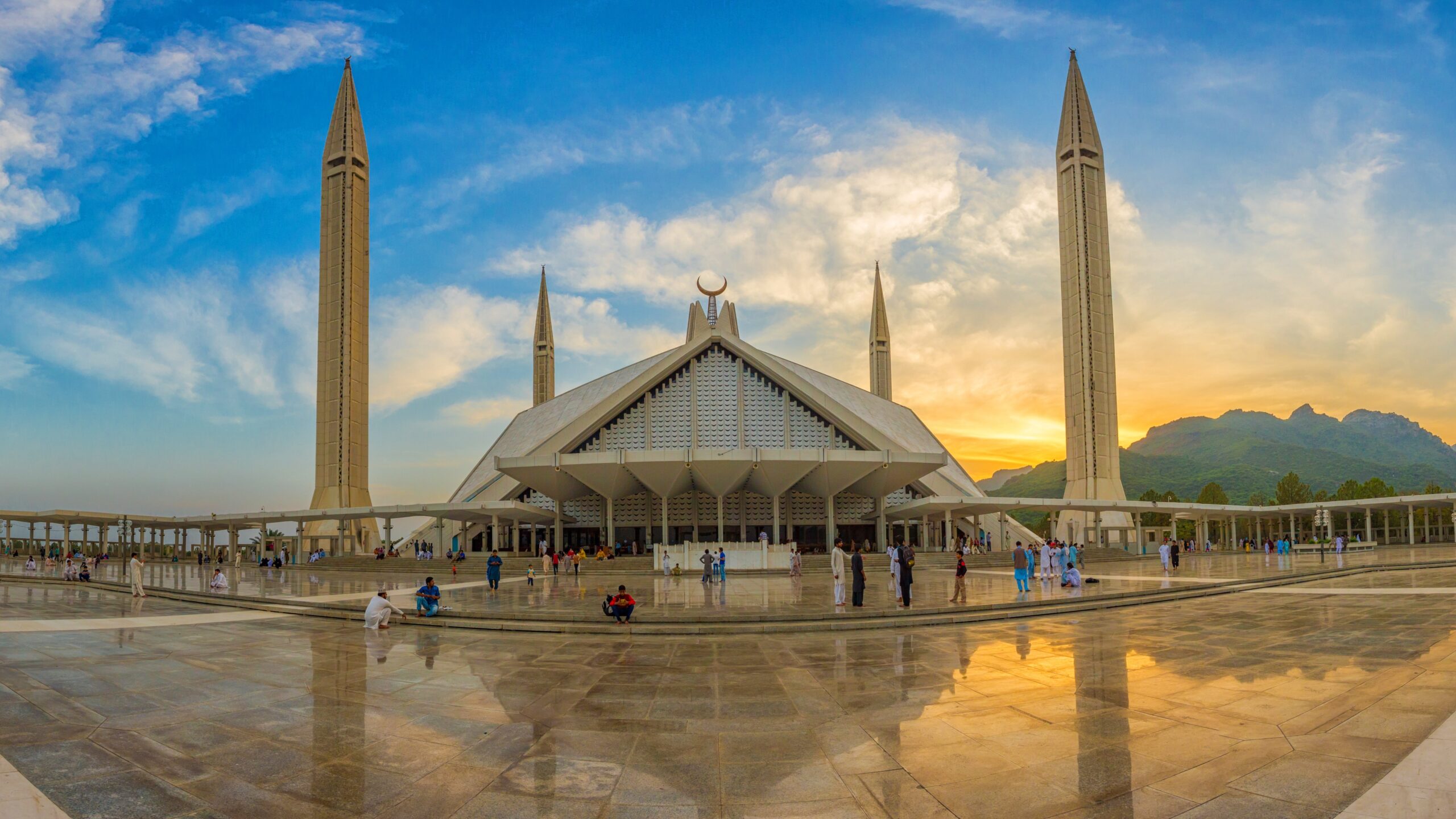Foreign Office Minister issues welcome response to forced conversion and marriage in Pakistan and the recent developments related to education in Punjab. He says “the forced conversion of Hindu, Christian and Sikh women and girls are particularly alarming”; the human rights of marginalised and minority communities; discrimination and violence against Ahmadiyya Muslims; the potential use of Magnitsky sanctions against those responsible; the need for the National Commission for Minorities to function under “the Paris Principles”; and the promotion of intolerance and discrimination through school text books.
Our reference: MC2020/13934
Lord Alton of Liverpool
House of Lords
London
SW1A 0AA
29 July 2020
Dear David,
Thank you for your email of 10 July regarding Freedom of Religion or Belief in Pakistan, following our call earlier that day. I was pleased to take the time to have this important discussion. Thank you for the information you shared in the meeting and in your email, including on legislation related to forced conversion and marriage and the recent developments related to education in Punjab.
As we discussed, the Government remains seriously concerned about women’s and girls’ rights in Pakistan: ongoing reports of forced marriage and of the forced conversion of Hindu, Christian and Sikh women and girls are particularly alarming.
The Government strongly condemns the forced marriage and forced conversion of women and girls from religious minorities in Pakistan. Work to improve the human rights situation in Pakistan, including for marginalised and minority communities, is a high priority for our High Commission in Pakistan.
A specialist human rights officer leads work in this area, including on the issues you mention.
I was pleased to have attended the APPG for Ahmadiyya Muslim Communities Report launch on 20 July. As you know, we remain deeply concerned by reports of discrimination and violence against Ahmadiyya Muslims in Pakistan.
On your reference to the Global Human Rights Sanctions Regime, we will continue to consider designations, which will be used to promote compliance with international human rights law and respect for human rights, and in particular to provide accountability for and deter serious human rights violations and abuses. It is not appropriate to speculate about who may be designated under the regime in
the future.
On the National Commission for Minorities, we welcome its establishment, but continue to stress the importance of ensuring it is established in line with the UN Paris Principles particularly principles regarding independence, funding and membership.
Regarding discrimination of minorities in education, we are monitoring the developments that you raised in our call related to university exams and textbooks approvals in Punjab.
Education is an integral part of the UK’s approach to improving human rights. We continue to urge the government of Pakistan to address our concerns regarding discrimination and intolerance within the education system. We have at the same time carried out work intended to address these issues directly.
For example, on textbooks, scholarships and teacher training:
given the content of textbooks is guided by the National Curriculum, we have engaged the Federal and Provincial Governments to recommend that all content that promotes prejudice and discrimination against minorities is removed from textbooks, and that new content is included that promotes positive views of minorities, girls, women, and children with disabilities.
Additionally, we have worked to ensure that representatives from minority communities and advocates for minority rights are included in the National Curriculum Council.
In March 2020, we supported a national policy dialogue on religious inclusion and respect for diversity in the education system. A new National Curriculum was approved in March 2020 and includes components on promoting diversity, inclusion and tolerance. All publicly funded schools must now teach to this curriculum;
on scholarships, we have supported thousands of children from religious minorities to enable them to attend school, through the provision of over 300,000 needs-based scholarships for secondary students in Punjab, which had a 20% quota for children from marginalised communities, including minorities.Moving forward, we are considering how best to specifically target minority groups in our new portfolio of education programmes; and
on teacher training, we have supported the development of teacher training modules on equity and inclusion, which have so far been delivered to 100,000 teachers.
We continue to seek to improve the access of children from minority and disadvantaged communities to education and work with others to promote a more tolerant and inclusive approach to teaching in Pakistan’s public schools.
We regularly raise at a senior level our concerns about the human rights situation with the Government of Pakistan.
I raised our concerns regarding Freedom of Religion or Belief, including the National Commission for Minorities, protection of the Ahmadiyya Muslim Community and discrimination in education, with Pakistan’s Minister for Human Rights, Dr Shireen Mazari, on 15 July. In addition, the British High Commissioner to Pakistan, Dr Christian Turner CMG, raised our concerns about Freedom of Religion or Belief with Dr Mazari on 8 June.
We will continue to urge the government of Pakistan to guarantee the rights of all people in Pakistan, particularly the most vulnerable, including women, minorities and children, as laid down in the Constitution of Pakistan and in accordance with international standards.
Yours sincerely,
LORD (TARIQ) AHMAD OF WIMBLEDON
Minister of State for South Asia and the Commonwealth
Prime Minister’s Special Representative for Preventing Sexual Violence in Conflict




